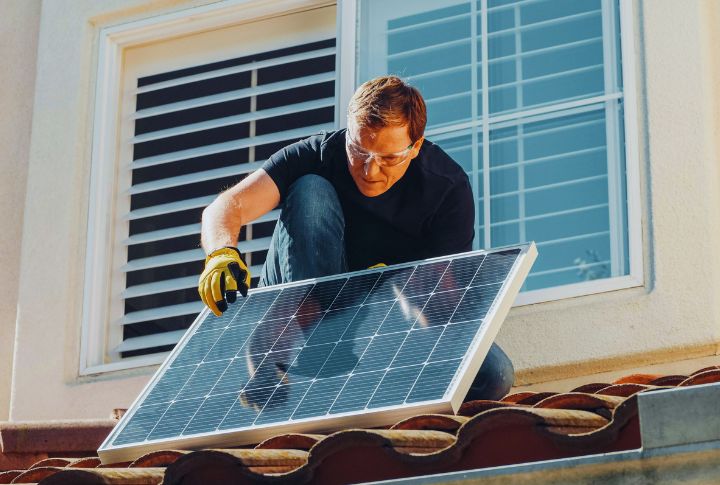
Economic downturns don’t arrive with a countdown—they creep in while everyone’s busy scrolling headlines. But panic doesn’t pay the bills; preparation does. Staying calm, stocked, and strategic gives you the edge when everything starts wobbling. Ready to be the person with a plan while others still refresh the news?
Build A Long-Term Food Supply
Your kitchen will become your first line of defense against an unpredictable world. A smart collection of shelf-stable staples like rice, beans, and canned goods keeps the family fed for a long time. This preparation also makes you less reliant on the unpredictable inventory at grocery stores when supply chains break down.
Secure A Reliable Water Source
Clean drinking water is apparently the most critical supply in any emergency stash for survival. People should aim to keep about one gallon of water on hand for every person per day. You can easily store the vital liquid in safe, reused food-grade containers for peace of mind during a crisis.
Develop Self-Defense Skills
Unstable times call for a heightened sense of personal security and readiness for the unknown. Learning foundational self-defense skills provides an essential ability to protect yourself and the people you love most. That practical training offers the bonus of improving your physical fitness and overall confidence, too.
Establish A Barter Inventory
As the dollar loses its footing, the old-school practice of bartering makes a strong and necessary comeback. Useful items like surplus food, essential medicine, and fresh batteries become the new currency in a widespread collapse. These tangible goods are valuable trade assets when physical cash loses its utility.
Create An Emergency Cash Reserve

A sensible financial cushion can make all the difference during an unexpected economic downturn. Physical currency retains great value if electronic systems or banking networks suddenly shut down. It’s suggested to have at least three months of living expenses safely stored away as an accessible cash reserve.
Learn Basic Medical Skills
Simple first aid knowledge turns you into a resourceful caregiver for your family’s minor emergencies and common ailments. Professional medical assistance might not be available right away, so self-sufficiency here is extremely important. Finding out how to create simple remedies from common household items can truly be life-saving.
Invest In Alternative Energy Solutions
Modern life depends on the power grid, yet outages remind us how fragile that link is. Solar panels and portable chargers help maintain communication during blackouts. Investing in renewable energy ensures steady access to electricity while giving your household greater resilience and independence in uncertain situations.
Plan An Evacuation Route
Every family should know the precise plan for leaving their neighborhood if danger ever requires a fast and safe exit. You must map out both primary and secondary evacuation routes well in advance of a potential crisis or threat. Group practice of these drills also lessens the stress and disorder during true emergencies.
Stockpile Essential Medications And Hygiene Supplies
Your family’s health remains a top priority, especially when pharmaceutical supply chains break down during a crisis. A basic emergency stash must include all your essential daily medications and critical personal hygiene supplies. Simple items like soap are valuable for cleanliness and can even become useful items for trade.
Establish Community Alliances
Nobody successfully survives a serious, long-term crisis entirely alone; mutual support networks are essential for success. Building a foundation of trust with your neighbors allows everyone to share valuable resources, tools, and unique skills. Plus, knowing who can fix things or who can cook increases the entire community’s collective resilience.
